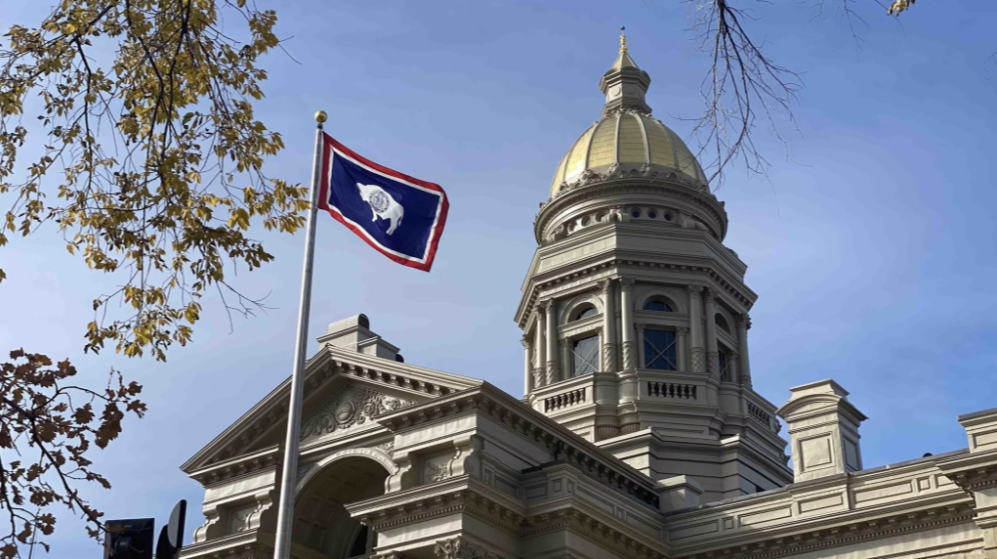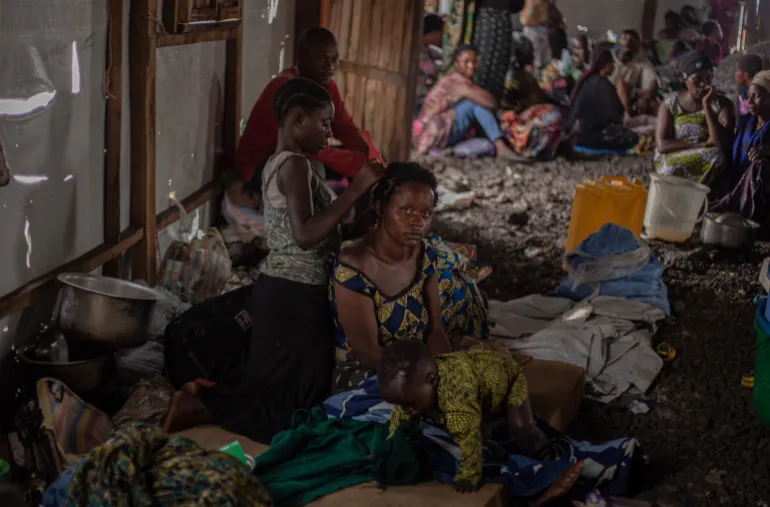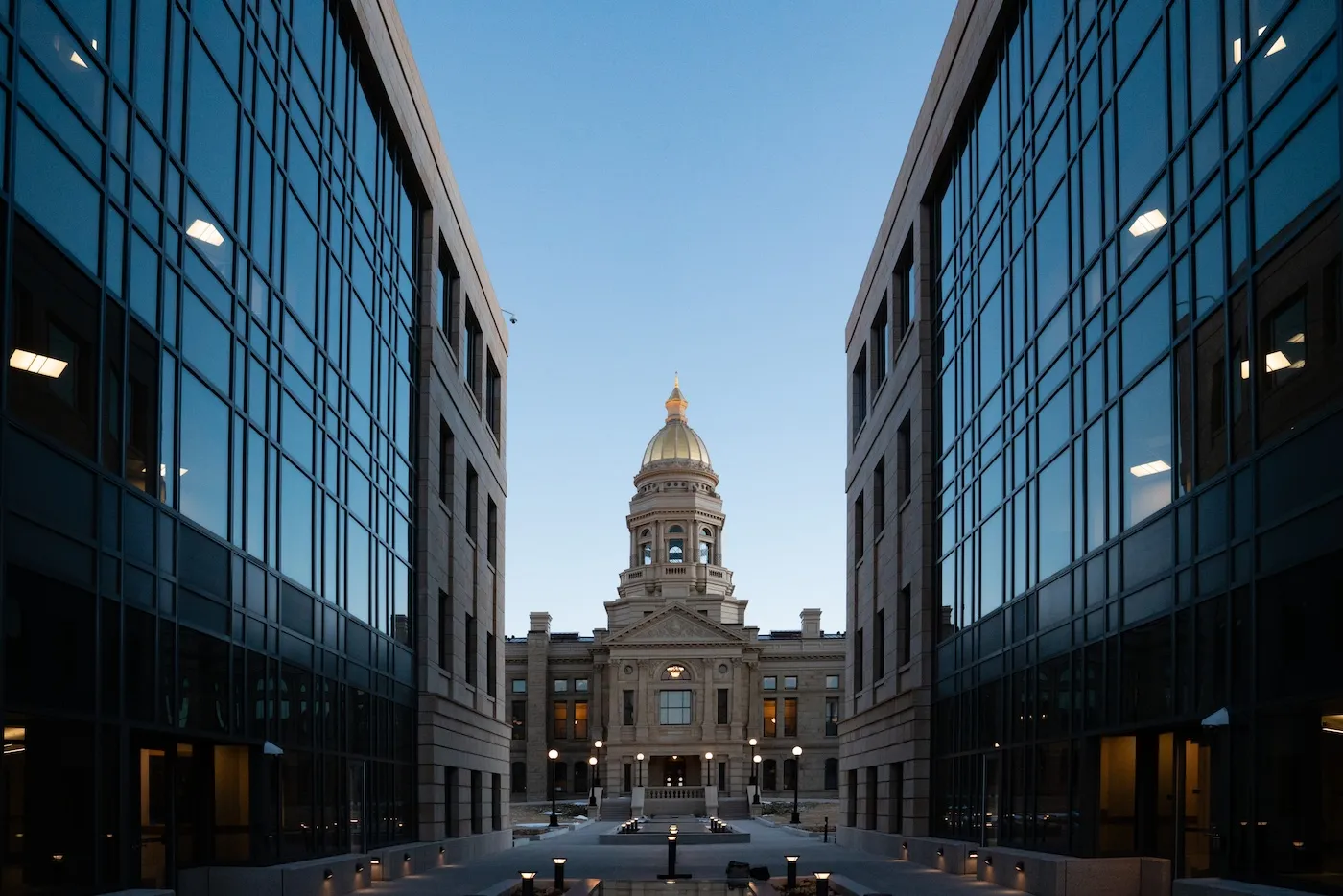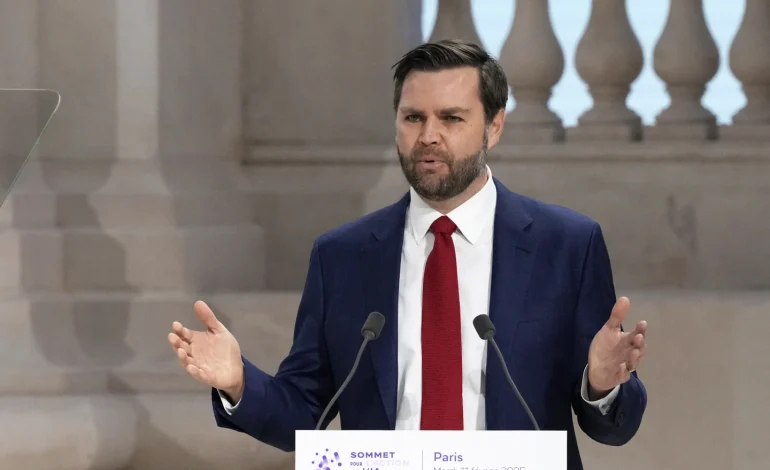A global summit held in Paris this week showcased contrasting visions for the future of artificial intelligence governance, with leaders and industry executives debating the technology’s impact on security, economics, and international relations, The Associated Press reports.
The summit drew high-profile attendees, including US Vice President JD Vance, Chinese Vice Premier Zhang Guoqing (special envoy of Xi Jinping), and European Commission President Ursula von der Leyen.
Vance, in his first major policy address as Vice President, cautioned against “excessive regulation” of the AI industry, arguing it could stifle innovation. He emphasized the Trump administration’s commitment to ensuring AI systems developed in the US remain free from ideological bias and that citizens’ rights to free speech are protected.
His remarks contrasted sharply with the European Union’s approach. Von der Leyen stressed the need for public confidence in AI and the importance of safety, referencing the EU’s AI Act and its efforts to standardize application across the 27-nation bloc. She also highlighted the “InvestAI” initiative, which has secured 200 billion euros in investments for Europe, including a new 20 billion euro fund for AI gigafactories.
These differences highlight the divergent strategies being pursued: Europe seeks to regulate and invest, while China expands access through state-backed tech giants and the US, under President Trump, favors a more hands-off approach. China’s interest in shaping global AI standards was underscored by the presence of Vice Premier Zhang Guoqing.
Concerns regarding AI’s potential dangers, particularly its increasing integration into defense and warfare, were prevalent throughout the summit. To address the challenges, a global public-private partnership called “Current AI” was launched to support large-scale AI initiatives for the public good.
The summit also saw activity within the private sector. A group of investors led by Elon Musk, now head of the Trump administration’s Department of Government Efficiency, reportedly made a $97.4 billion bid to acquire the nonprofit behind OpenAI, which was swiftly rejected by OpenAI CEO Sam Altman.
Meanwhile, in Beijing, officials criticized Western efforts to restrict access to AI tools, while concerns about security prompted calls in the US Congress to limit the use of a new AI chatbot from the Chinese company DeepSeek. China advocates for open-source AI, arguing it will ensure global access to the technology’s benefits.
French organizers hope the summit will bolster investment in Europe’s AI sector and position the region as a competitor in the industry. French President Emmanuel Macron highlighted France’s reliance on nuclear power to meet the energy demands of AI development, contrasting it with the U.S.’s dependence on fossil fuels.
Following the Paris summit, Vice President Vance will continue his diplomatic tour in Germany, where he will attend the Munich Security Conference and engage with European allies on issues including NATO commitments, Ukraine, and US-China tensions. He is scheduled to meet with both Indian Prime Minister Narendra Modi and European Commission President Ursula von der Leyen, and potentially Ukrainian leader Volodymyr Zelenskyy. During his visit, Vance will also discuss Ukraine and the Middle East over a working lunch with Macron.








